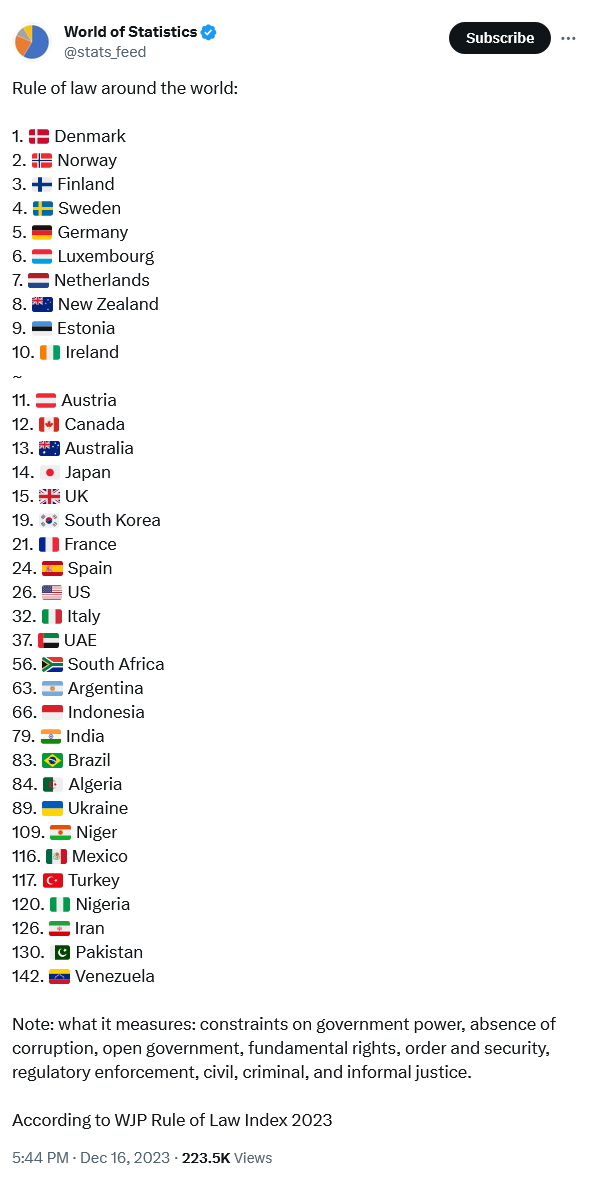The Electric Vehicle Revolution: A Turning Point for Pakistan’s Automotive Future
The global shift toward electric vehicles (EVs) is no longer a distant possibility—it is rapidly becoming a reality. Countries around the world are embracing cleaner, more sustainable transportation options in an effort to combat climate change, reduce urban air pollution, and transition to greener energy systems. For Pakistan, this global shift presents both a profound opportunity and a pressing challenge, one that will require a bold vision and far-reaching reforms to navigate successfully.
As the world races to adopt electric mobility, Pakistan finds itself at a crossroads. With its growing dependence on imported fuel, its ever-expanding carbon footprint, and the deteriorating quality of air in major cities, the push toward EVs should be seen as a necessity, not just a trend. Yet, despite the clear benefits of embracing electric vehicles—economic, environmental, and social—Pakistan’s transition to a greener automotive future remains stunted by bureaucratic inertia, insufficient infrastructure, and a lack of long-term policy vision.
The Promise of Electric Vehicles
Electric vehicles offer a host of benefits, most notably in reducing the country's reliance on fossil fuels. Pakistan's dependence on imported oil has been one of the key contributors to its fiscal deficit and foreign exchange woes. The adoption of EVs, which can be powered by domestically produced renewable energy such as solar or wind, could significantly reduce the import bill, creating substantial economic savings.
Furthermore, the environmental benefits of electric vehicles are undeniable. Pakistan ranks among the countries with the poorest air quality, with major cities like Lahore and Karachi regularly topping global pollution charts. By transitioning to EVs, Pakistan could drastically reduce carbon emissions from the transportation sector, which is one of the largest contributors to air pollution. EVs, with their zero emissions at the tailpipe, offer a tangible solution to an ever-growing public health crisis exacerbated by toxic smog and airborne pollutants.
EVs also hold the potential to revolutionize the transportation landscape by offering greater energy efficiency. The internal combustion engine is a relic of the past, with a conversion efficiency of around 25-30%, meaning that most of the energy is wasted in heat and friction. Electric motors, by contrast, operate with efficiencies exceeding 85%, maximizing energy use and reducing waste.
The Barriers to Adoption
Despite the promising benefits, Pakistan’s move toward electric vehicles has been sluggish. One of the most significant obstacles to widespread EV adoption is the lack of infrastructure. Charging stations are few and far between, and the country’s electricity grid is not yet equipped to handle the additional demand that a nationwide switch to EVs would entail.
The cost of EVs remains another barrier. Although the government has offered some incentives in the form of reduced taxes and duties for EV imports, the high initial cost of electric vehicles—whether locally assembled or imported—remains a significant deterrent for most consumers. With an average price range of Rs. 26 crore (around $100,000) for a Rolls Royce Spectre EV, the market is still out of reach for the majority of Pakistan’s population, even as hybrid and electric models like the Range Rover Autobiography and the BMW i7 Series offer more affordable options in the 7-10 crore range.
Moreover, EV technology itself remains unfamiliar and intimidating for the average consumer. Many potential buyers have doubts about the vehicle’s performance, range, and overall reliability. Even though EVs have made significant technological advancements, overcoming this cultural inertia in a country where gasoline-powered vehicles dominate will require concerted efforts from both the government and the private sector to boost awareness and consumer confidence.
Government Policy: A Work in Progress
Pakistan’s government has taken initial steps toward supporting EV adoption. In 2020, it launched the Electric Vehicle Policy aimed at reducing carbon emissions and boosting local manufacturing of EVs. The policy offers a range of tax incentives and exemptions for local manufacturers of electric cars, as well as for buyers of electric vehicles. However, the actual implementation of this policy has been uneven at best, with only a few electric vehicles entering the market, mainly in the luxury segment.
While the government’s policy appears promising, it remains unclear whether these measures are enough to build a sustainable EV ecosystem. The lack of a clear long-term vision and a roadmap for scaling EV production and infrastructure has left the industry uncertain. A more comprehensive and targeted approach is necessary, one that involves not only providing incentives but also tackling the infrastructure deficit, educating consumers, and building a domestic EV manufacturing base.
Pakistan’s power sector, too, needs urgent reform to support the EV transition. The country’s electricity grid is not equipped to handle a surge in demand, especially when much of the grid is reliant on inefficient fossil fuels. A national push for renewables, such as solar and wind power, is essential to ensure that electric vehicles are not merely shifting the environmental burden from cars to power plants.
The Path Forward: A Strategic Vision for EVs
To fully capitalize on the potential of electric vehicles, Pakistan must embrace a multi-faceted strategy that goes beyond mere incentives and subsidies. A coherent and robust infrastructure plan must be put in place, with a network of charging stations that spans the country, particularly in urban centres, highways, and industrial zones. Alongside this, a national grid reform initiative must prioritize renewable energy sources to ensure that EVs are powered by clean electricity.
The government must also incentivize local manufacturers to produce affordable, mass-market electric vehicles. Import duties and taxes on electric vehicles need to be reduced further, while simultaneous efforts must be made to nurture domestic EV manufacturing industries. By encouraging public-private partnerships, Pakistan can create a thriving EV market that benefits local industries while reducing the reliance on foreign imports.
Most importantly, Pakistan must adopt a long-term perspective on its transportation future. While short-term benefits like reducing air pollution and lowering fuel costs are critical, the true potential of EVs lies in their role as part of a broader, green economic transition. Pakistan needs a leadership that is willing to invest in this future now, rather than waiting for the international pressure to mount further.
The government must stop viewing EV adoption as a luxury or a political tool for image-building and instead view it as a vital step toward energy independence, economic growth, and environmental sustainability. A clear, forward-thinking strategy on electric vehicles could be a game-changer for Pakistan—a stepping stone towards a cleaner, greener, and more prosperous future. However, the path forward requires decisive action, not only from the government but from every sector of society, as we prepare to usher in a new era of mobility.
Let’s Drive the Change Together!
As a freelancer, I specialize in writing content that helps businesses and individuals navigate the challenges and opportunities of the evolving automotive landscape. If you’re looking to promote your electric vehicle business, need engaging articles, or want to start a blog that educates consumers about EVs, I’m here to help. Let’s collaborate and create compelling content that sparks change. Reach out today and let’s drive towards a greener tomorrow! 🌱🔋🚗
#ElectricVehicles #EVRevolution #PakistanFuture #SustainableTransportation #GreenEnergy #EcoFriendly #PakistanAutomotive #CleanEnergy #EVAdoption #PakistanInnovation #ClimateChangeSolutions #GreenEconomy #EVPolicy
Promotion: Looking for top-quality writing services? I'm a freelance writer with experience in crafting impactful articles, blogs, and more. Whether it's for your business, blog, or project, I offer personalized writing solutions that resonate with your audience. Contact me now for your next writing project! 🌟📩














